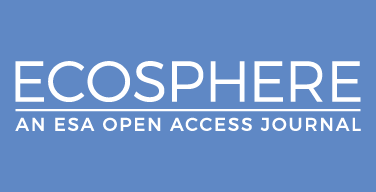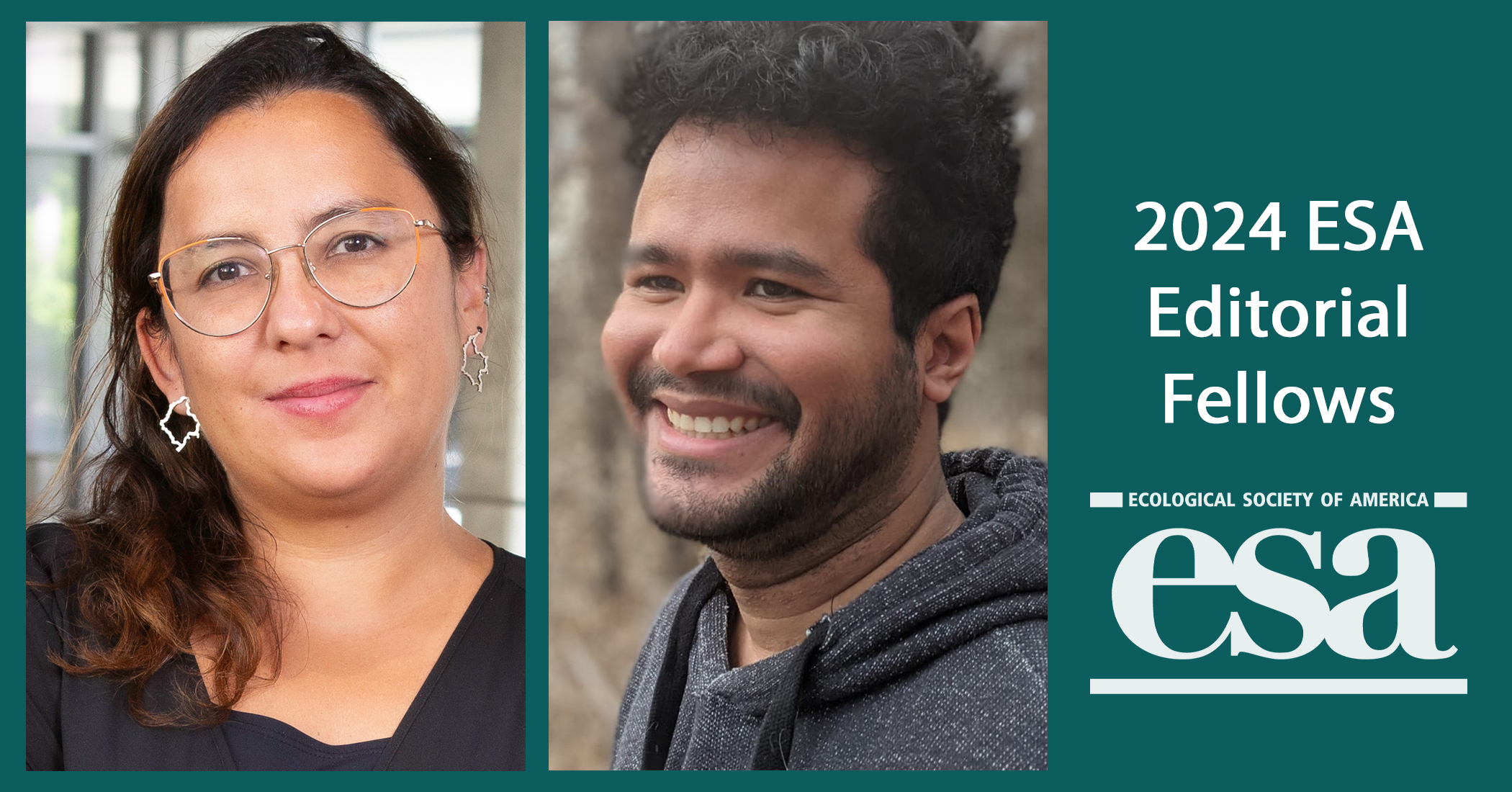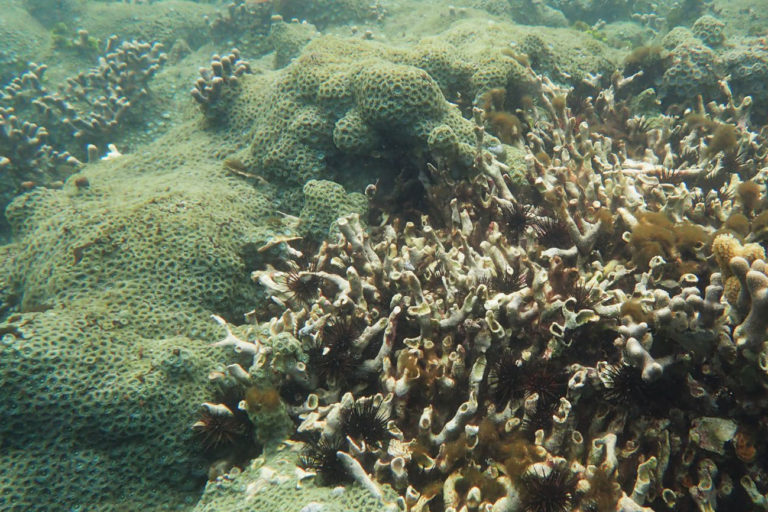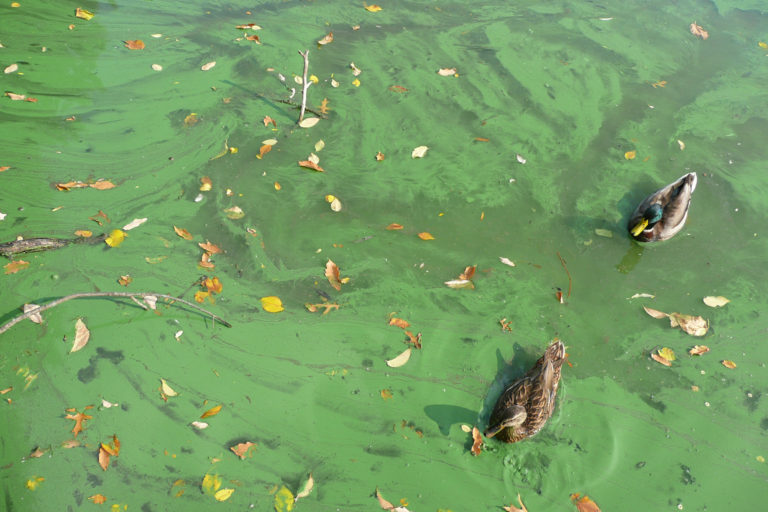
Tiny soil critters play by their own rules in urban parks
The assortment of species of tiny soil animals – small enough to stand on the head of a pin – differ from one urban park to another, unlike plants and larger animals where a few species are often found across many parks.







